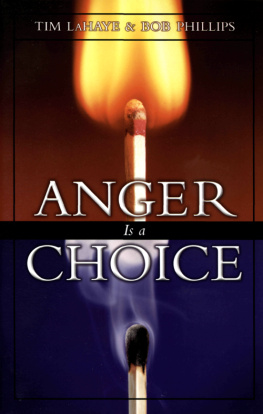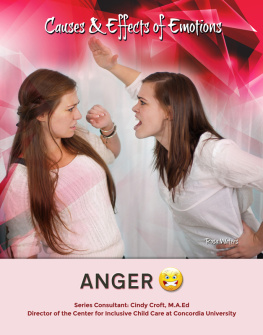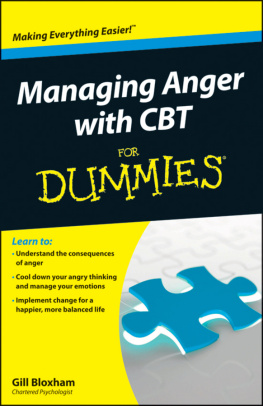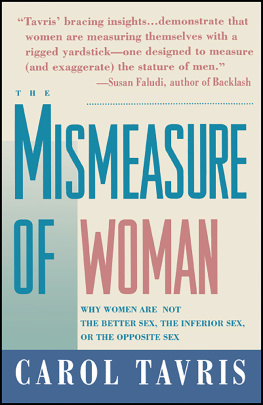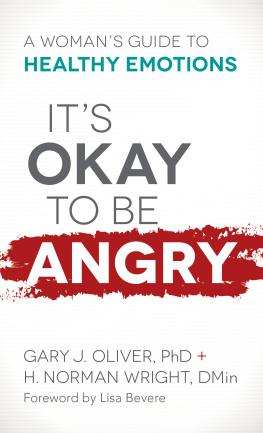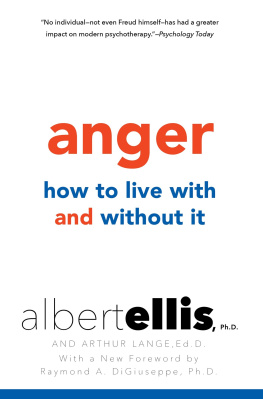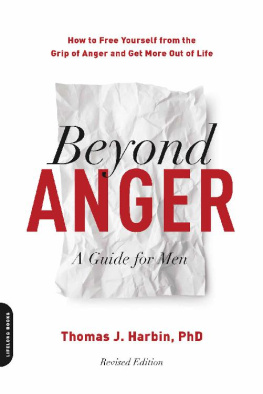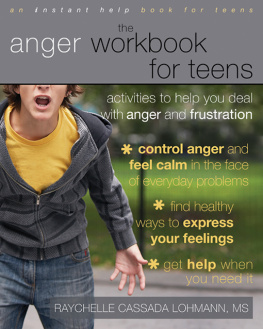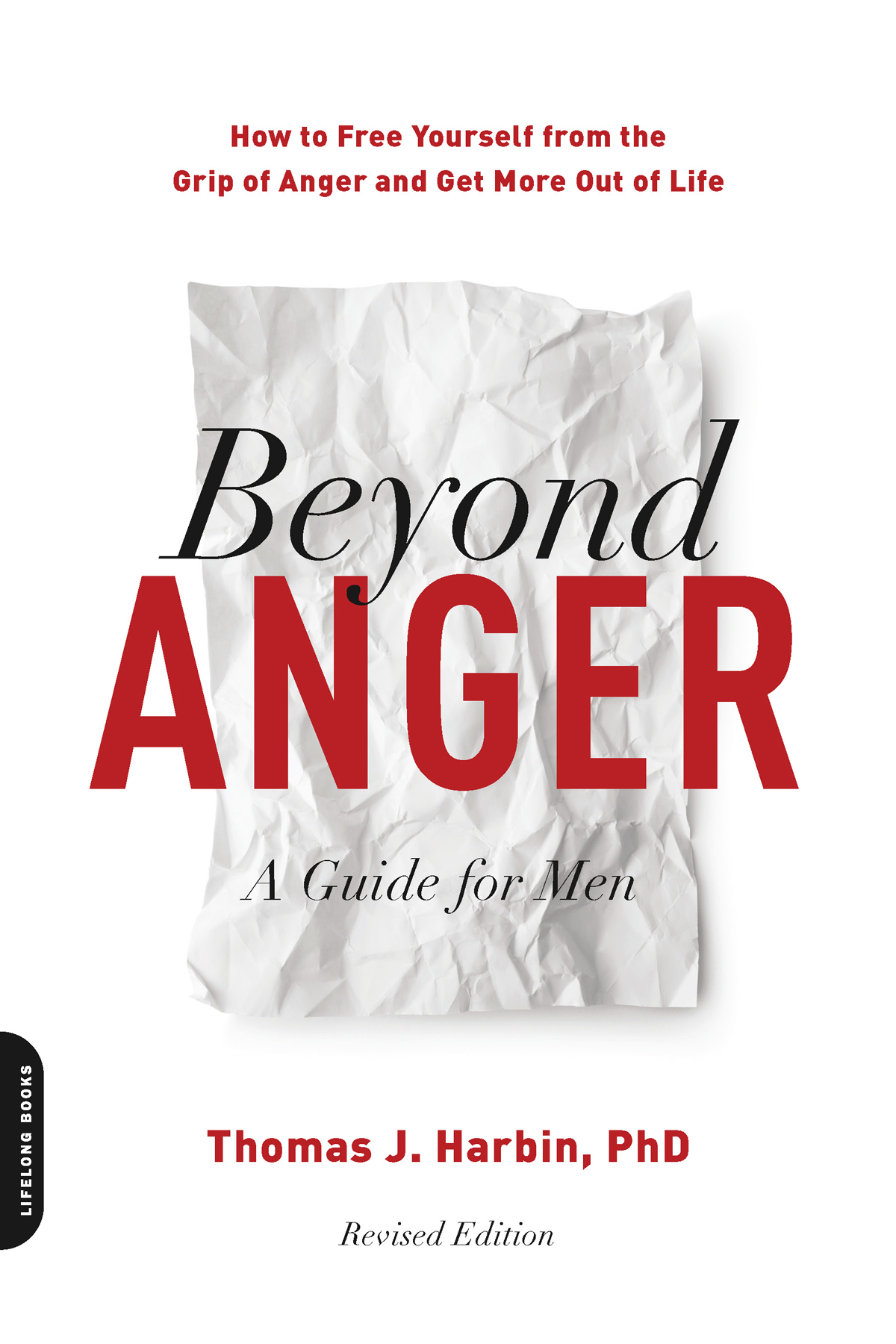Copyright 2018 by Thomas J. Harbin, PhD
Hachette Book Group supports the right to free expression and the value of copyright. The purpose of copyright is to encourage writers and artists to produce the creative works that enrich our culture.
The scanning, uploading, and distribution of this book without permission is a theft of the authors intellectual property. If you would like permission to use material from the book (other than for review purposes), please contact permissions@hbgusa.com. Thank you for your support of the authors rights.
Da Capo Press
Hachette Book Group
1290 Avenue of the Americas, New York, NY 10104
www.dacapopress.com
@DaCapoPress
Originally published in paperback in March 2000
Revised Edition: July 2018
Published by Da Capo Press, an imprint of Perseus Books, LLC, a subsidiary of Hachette Book Group, Inc. The Da Capo Press name and logo is a trademark of Hachette Book Group.
The Hachette Speakers Bureau provides a wide range of authors for speaking events. To find out more, go to www.hachettespeakersbureau.com or call (866) 376-6591
The publisher is not responsible for websites (or their content) that are not owned by the publisher.
Library of Congress Cataloging-in-Publication Data
Names: Harbin, Thomas J., 1954 author.
Title: Beyond anger: a guide for men: how to free yourself from the grip of anger and get more out of life / Thomas Harbin.
Description: Revised Edition. | Boston: Da Capo Lifelong Books, 2018.
Identifiers: LCCN 2018000796| ISBN 9780738234809 (paperback) | ISBN 9780738234793 (ebook)
Subjects: LCSH: Anger. | MenPsychology. | BISAC: SELF-HELP / Anger Management (see also FAMILY & RELATIONSHIPS / Anger). | FAMILY & RELATIONSHIPS / Anger (see also SELF-HELP / Anger Management). | PSYCHOLOGY / Emotions. | PSYCHOLOGY / Mental Health.
Classification: LCC BF575.A5 H345 2018 | DDC 152.4/70811dc23
LC record available at https://lccn.loc.gov/2018000796
ISBNs: 978-0-7382-3480-9 (paperback), 978-0-7382-3479-3 (ebook)
E3-20180611-JV-PC
All my love,
all my life.
For Mimi,
of my soul.
T HIS IS A book I had to write. I had to write it for two reasons. First, I needed some materials to give to my patients, men who have a problem dealing with their anger. Writing this book also helped me organize my thoughts and feelings about the role of anger in my own life. Many years ago, others had told me that I had a problem with anger, but I didnt take them seriously. In fact, I may never have been motivated to take this look at myself if I had not come close to ruining the most important thing in my life: my marriage.
On our tenth wedding anniversary, my wife told me, If the next ten years are going to be like the last ten years, Im outta here. Her words were not spoken in anger, but there was no doubt that she meant what she had said. What I had seen as a very good marriage with occasional arguments, she had seen as a constant, heavy burden. She felt as though she was always walking on eggshells so as not to set me off. When we had a disagreement, I brooded about it for days. Any time she disagreed with me, I immediately went on the attack and tried to defeat her and her point of view by almost any means. When she told me that she had taken all she could stand, I took her seriously and decided that I had to do some frank soul searching to keep from losing the most important person I had ever known.
It was not until I was in my early thirtiesa time when a lot of men become introspective and really begin to take stock of themselves and their livesthat I began to take this critical look at myself. As part of that process, I began to compare myself and my reactions to those of other people. Most people seemed to have more fun than I did. Things didnt seem to bother them as much. They seemed to have more friends, and closer friends. I began to realize that what I felt was not what most people felt. Unlike me, most people woke up and started their days looking forward to what life would bringor at least not actively dreading it. I, on the other hand, approached most days from the perspective of surviving. I was rarely optimistic. I could not enjoy the successes I did have because I constantly worried about what bad things might happen. I always assumed that things would go wrong, and if things were going to go wrong, it was better to fall from a low height (unhappiness) than from a greater height (happiness or satisfaction).
I had no idea that what I felt was different from what others felt. I assumed that anyone who was optimistic was either ignorant about the realities of the world or was a hypocrite. I noticed that other families hugged and kissed each other frequently and casually, while I was never very comfortable with this kind of outward display of affection; I was shocked to realize these people were not being phony. It hit me like a ton of bricks to realize they truly loved each other, were comfortable showing their love to each other, and that I had been missing out on a huge chunk of life. Its only looking back now that I can see I was afraid to put my emotions out there because I was afraid of humiliation and rejection.
My anger got in the way of almost all forms of enjoyment. I couldnt spend money on myself and resented it when my wife spent reasonable amounts on the things she needed and wanted. I could not handle even mild criticism without getting angry. I turned minor disagreements into major arguments by taking everything too seriously. Though I did have some fun and was able to act relaxed and confident when circumstances demanded it, I was always angry.
As I look back, many of my habitual ways of dealing with the world were driven by anger. I was an aggressive driver, using my horn and my freeway finger whenever people werent driving the way I thought they should. If a mechanic told me something needed to be fixed on my car, I was sure he was exaggerating for his own financial gain. I thought I had an unusual ability to see through a hypocriteand since I thought most people were hypocrites, I got a lot of practice seeing through them!
All these tendencies were not helped by my first career as a researcher and teacher. In order to be hired as a researcher at a university, you must distinguish yourself from all the other bright and extremely competitive professionals. This usually involves an almost constant process of putting your ideas out there and having your colleagues try to shoot them down. Almost anyone would find constant criticism upsetting, but to an angry man it means constant humiliation.
My second career as a practicing psychologist and therapist developed at about the same time that I began working on my own anger. I decided to develop a specialty in treating angry men, and I soon realized I needed a book for them to read. I admired Dr. Harriet Lerners book for women, The Dance of Anger (Harper-Perennial, 1997), and thought it was the best self-help book ever written. But there was no book for angry men that I found to be as useful. This became my second reason for writing this book. I wrote two or three chapters and began giving them to my angry male patients. I gradually added one chapter at a time, and the results of my labor are what you see here.
Now, a decade later, I can honestly say that I am no longer the man I used to be. I am much more able to enjoy myself. I am not nearly as reluctant to let down my guard and let people see the inside of me. And I am much less of a pain in the ass! Most important, when my wife and I recently celebrated our twentieth anniversary, she told me the second ten years were indeed much better than the first.



